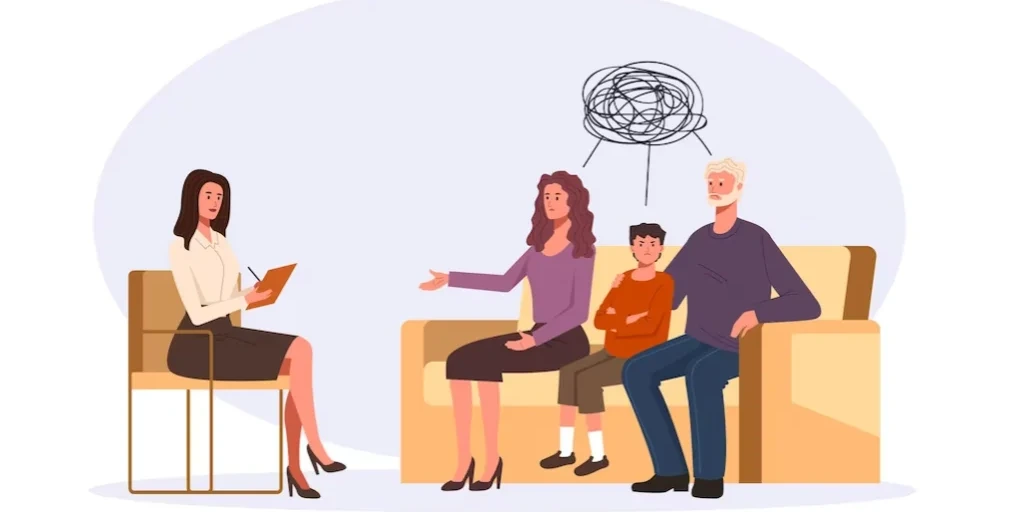24/7 Helpline:
(866) 899-221924/7 Helpline:
(866) 899-2219
Learn more about Medication-assisted Treatment centers in Putnam County

Other Insurance Options

Aetna
Beacon

WellCare Health Plans

Amerigroup

Sutter

Molina Healthcare

Premera

UnitedHealth Group

Oxford

Absolute Total Care

Ceridian

Health Choice

Multiplan

MVP Healthcare

CareSource

Regence

Evernorth

WellPoint

Ambetter

Carleon

Hamilton Center
Hamilton Center is a regional behavioral health system serving central and west central Indiana. Ham...

CYWA – Samara House
CYWA – Samara House is a non-profit rehab located in Coatesville, Pennsylvania. CYWA – Samara House ...

Coatesville Treatment Center
Coatesville Treatment Center is a private rehab located in Coatesville, Pennsylvania. Coatesville Tr...

Gaudenzia
Gaudenzia is located in Coatesville, Pennsylvania. Gaudenzia addresses the needs of chemically depen...






















Groups
Groups is private healthcare company providing outpatient treatment for opiate addiction using weekl...

Coatesville Comprehensive Treatment Center
Coatesville Comprehensive Treatment Center is a private rehab located in Coatesville, Pennsylvania. ...




























































































